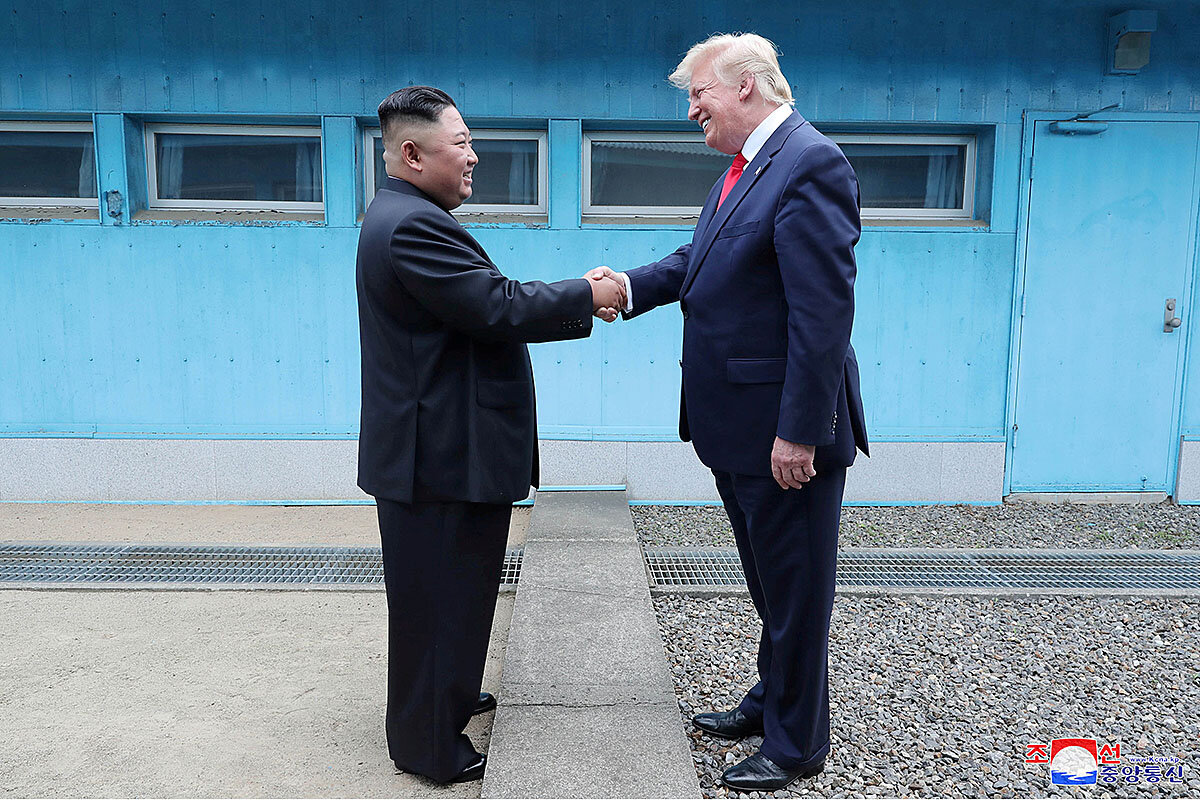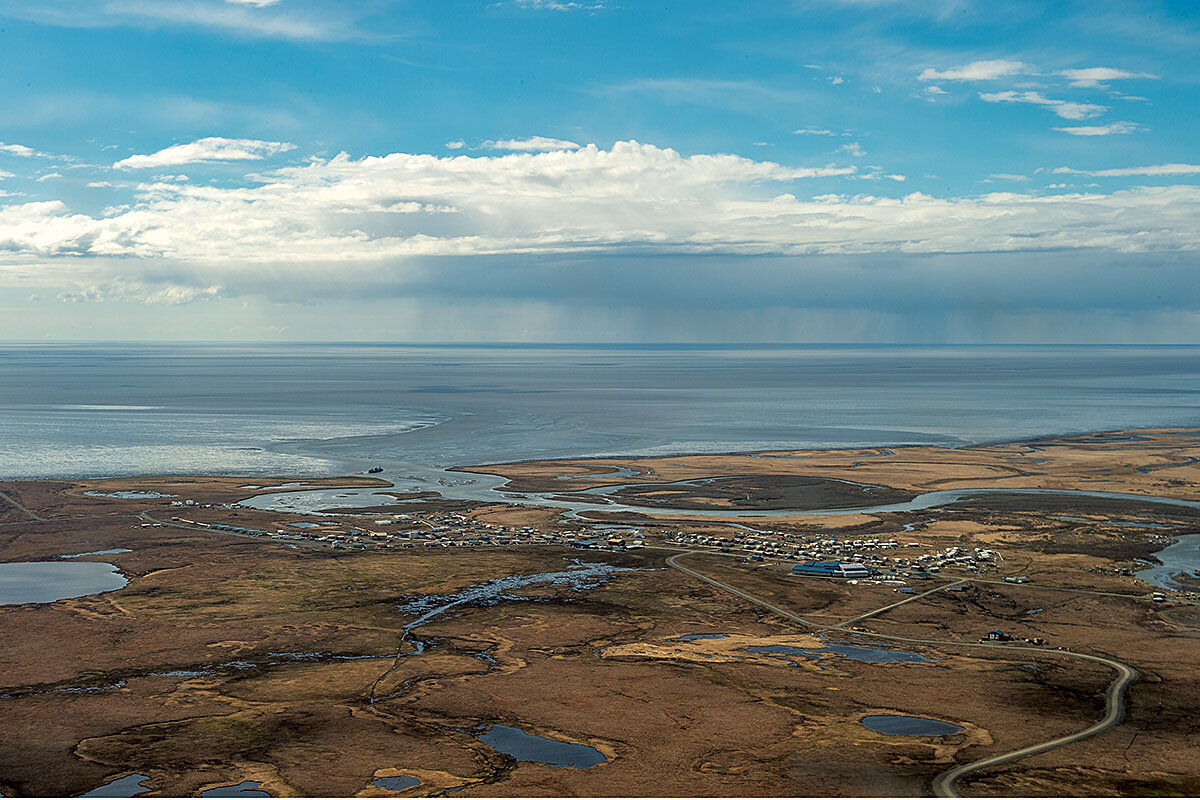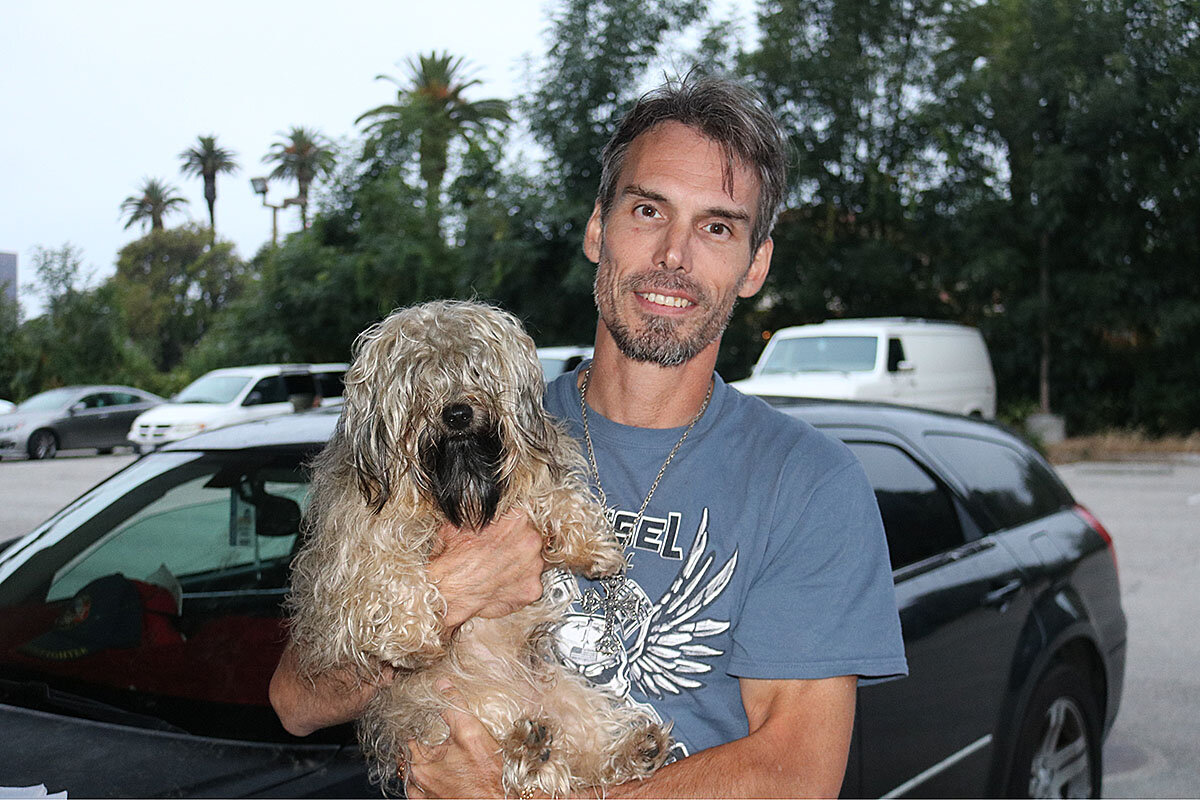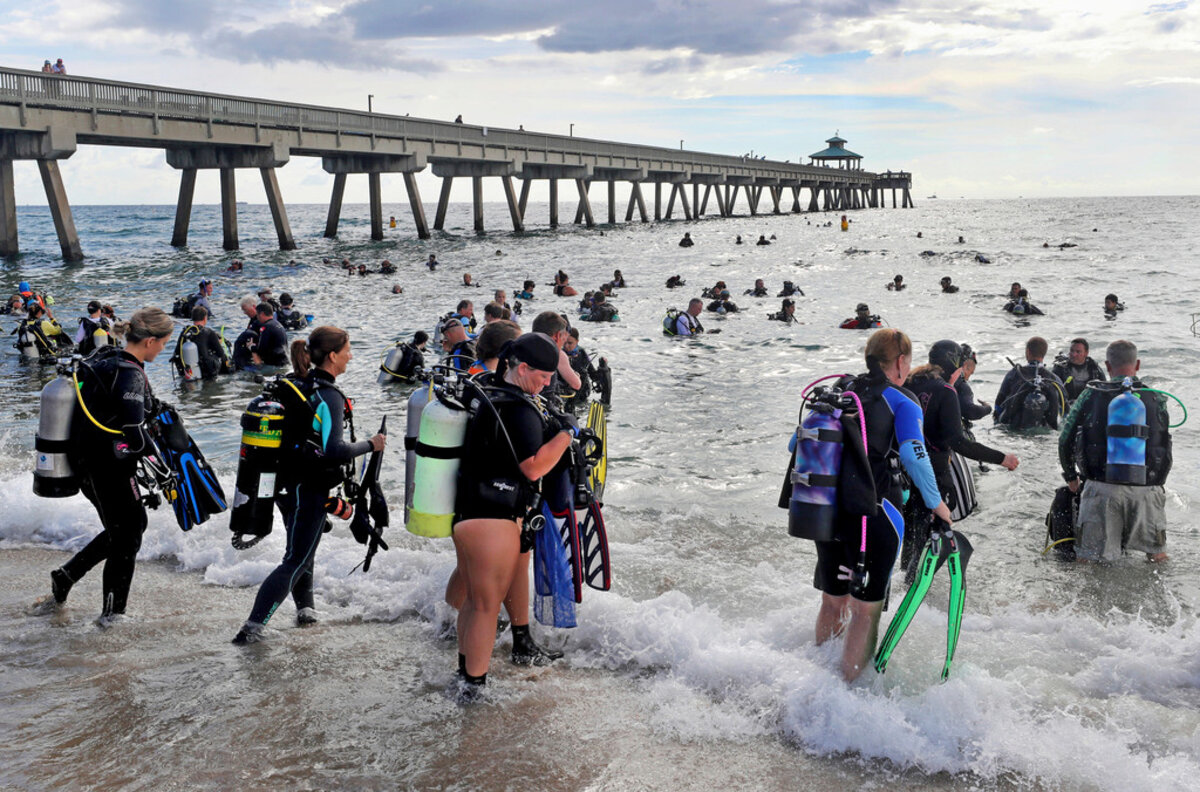The G-20 summit, and the Trump-Kim handshake, were indicative of a global leadership divide over how to govern: by giving power to the people versus keeping it firmly in the hands of a few.
Monitor Daily Podcast
- Follow us:
- Apple Podcasts
- Spotify
- RSS Feed
- Download
 David Clark Scott
David Clark Scott
In today’s edition, we’ll look at leadership (U.S.-China trade and Putin at home), security (Iran’s cyber weapons), and redefining home (in Alaska and in California).
But first, two parallel and courageous challenges to authoritarian rule are playing out in the streets.
Hong Kong demonstrators clashed with police Monday, the anniversary of the handover of the British colony to China. Partly, this is a continuation of protests against a proposed extradition law, which would permit Hong Kong citizens to be sent for trials in mainland China. They don’t trust Beijing’s rule of law. More broadly, these demonstrations signify a rejection of 22 years of gradual erosion of democratic rights.
In Sudan, the street protests Sunday were even more remarkable.
In April, Sudanese protests led to a military coup that overthrew the 30-year dictatorship of President Omar al-Bashir. Pro-democracy protests continued. But in early June, it looked like this people-power rebellion had been brutally crushed. More than 100 demonstrators were slaughtered. The internet was shut down. The junta reasserted control. Who would dare come out to face certain death again?
The answer came Sunday: Tens of thousands of men, women, and children marched chanting “civilian rule” in Arabic. “The Sudanese want top-to-bottom change in their country and they’re willing to die to get it,” said Eyder Peralta, NPR’s East Africa correspondent. Seven people died in this protest, according to reports.
History tells us that such grassroots movements sometimes topple leaders (the anti-government movements of the Arab Spring, for example) and sometimes they fade away (Iran’s “Green Revolution”). But the rulers of China and Sudan should note that the basic desire for freedom, for self-government, and to live without fear doesn’t fade away.










